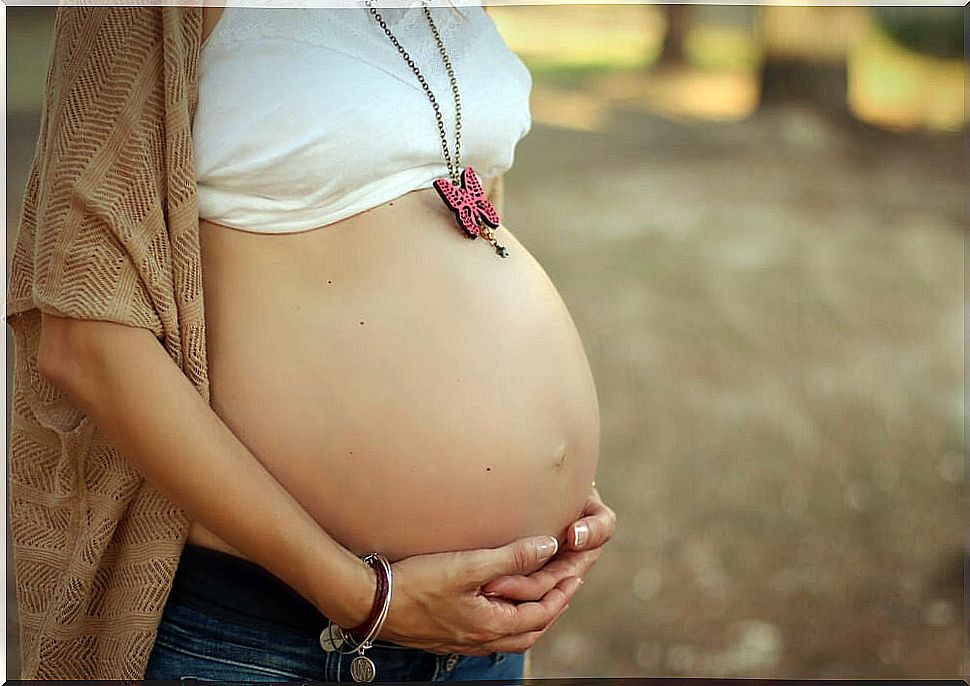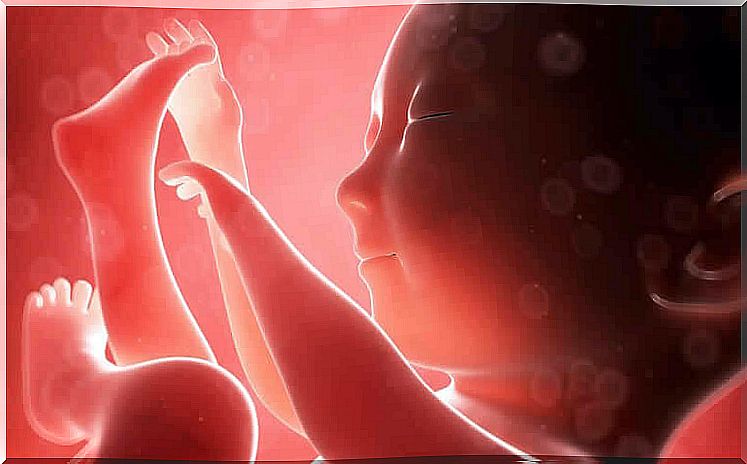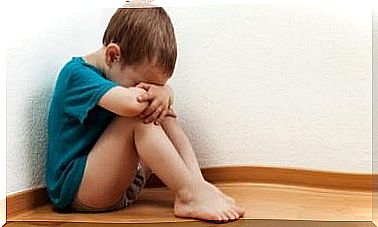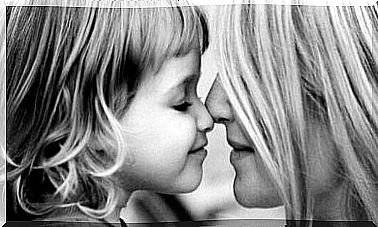Life In The Womb: Emotional Implications

Although we are getting more and more information about life in the womb, this is still a vital and unknown stage. Throughout this article we will explore what the baby experiences during pregnancy and what implications this has.
The baby feels and suffers
Although development in the womb was long thought to be purely biological, the role of emotional states is becoming increasingly clear.
The communication of emotional states towards our baby occurs mainly through the exchange of hormones and physiological reactions.
From the sixth week of pregnancy, the baby is able to pick up on the rhythmic noises that surround him, such as the movements of the amniotic fluid or the heartbeat of his mother, and they are pleasant to him.
From the twelfth week on, he begins to be sensitive to emotional stimuli from the mother. He is able to hear and recognize your voice and is excited to hear it. You can sense whether she is distressed or serene and distinguish whether she is being spoken to with affection or not.
Although the baby does not have emotions properly speaking, he does have sensations that arise based on the thoughts, feelings and words he receives from his mother. Thus, he may feel pleasure and well-being or alarm and shock and learn to feel loved or rejected based on maternal reactions to him.

Emotional implications of life in the womb
Life in the womb has more impact than we imagine. Already from such an early moment beliefs and behaviors begin to develop that will accompany us throughout our lives.
Stress and anxiety are the emotional states that are transmitted the fastest. Babies who absorb negative and painful emotions during pregnancy are at higher risk of having a difficult delivery.
In addition, they tend to have problems sleeping and a predisposition to colic, cry more and are less sociable. It will also affect your IQ and increase your risk for ADHD.
On the other hand, those children who felt and absorbed positive emotional states during pregnancy will be born with more weight, will eat and sleep without difficulty and their immune system will be more developed. They will be happy, peaceful and balanced people.
Additionally, if during pregnancy you frequently experience states of fullness, the baby will register that information in his cellular memory and during his life he will seek to experience those moments, thus being a happier person.
Love it and it will be loved
But it is not only what you feel that affects the emotional development of your future child, also what you think about him will have a huge impact.
A fetus that is in a harmonious environment, that receives everything it needs from its mother, will feel calm. You will experience security and love and will develop in a peaceful way. A child who is desired is born knowing that he is loved and protected, and these feelings will accompany him throughout his adult life.
On the other hand, a baby that comes unplanned, unwanted, causing conflict in the mother, is born feeling rejected. He perceives the negative emotions that his mother professes towards him and he lives those 9 months in enormous insecurity, because the person who must provide him with love and food and on whom he completely depends does not love him.
If a pregnant woman loses a loved one and the loss causes her to sink into a state of deep sadness and disconnection from her pregnancy, the baby will feel helpless.
On the contrary, if the mother suffers from work stress and anxiety, the baby will feel those worries. If a mother feels abandoned or abused by her spouse, this is how the baby will feel the abandonment and abuse.

Positive womb life
What to do to provide the baby with a positive emotional life in the womb?
- Talk to him, sing to him, or read him stories. Develop, both mom and dad, an emotional bond with the child through your voice. Give her sweet and loving words.
- Try to find yourself in harmonious spaces and try to be in contact with nature. Stroll.
- Play soft music for your baby, it will help him feel calm and serene.
- Visualize your baby with positive qualities, imagine him being happy, successful and loved in each of the stages of his life.










